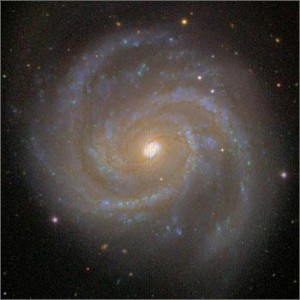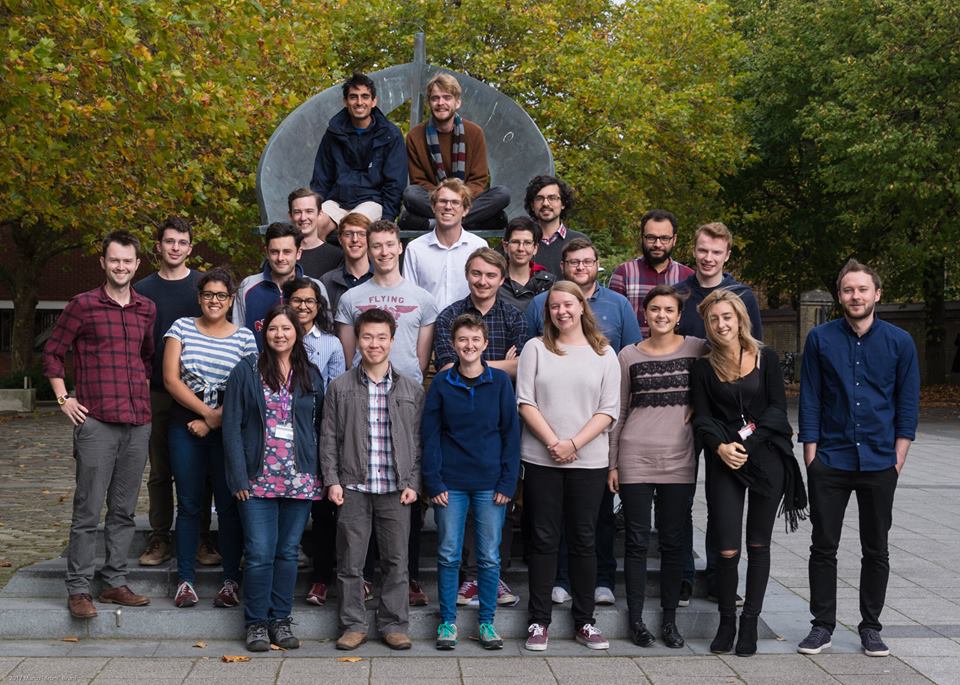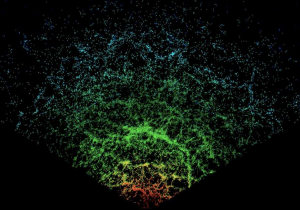The Institute of Cosmology & Gravitation at the University of Portsmouth is one of the leading groups in research on cosmology and astrophysics in the UK. We are active participants in a wide range of international collaborations, including the Dark Energy Survey (DES), the Sloan Digital Sky Survey (SDSS-IV) and Euclid.
PhD studentships starting in October 2018 will be available for research in:
- Galaxy evolution
- Stellar population modelling
- Very early Universe
- Dark energy
- Testing gravity on cosmological scales
- Large scale structure
- Gravitational lensing
- Supernovae
- Gravitational Waves
Applications should reach us by Wednesday 14th February 2018, but will be considered until the positions are filled.
PhD applicants should have or expect to obtain a good honours degree or equivalent in Physics, Maths or Astronomy. Applicants should send a CV and a brief statement of research interests, and arrange for up to 2 letters of recommendation to be emailed directly to icg-admin@port.ac.uk, or posted to:
Research Administrator
Institute of Cosmology and Gravitation
Dennis Sciama Building
Burnaby Road
Portsmouth PO1 3FX
UK
We welcome applications from all qualified applicants, but applications are particularly encouraged from traditionally under-represented groups in science. The University of Portsmouth holds an Athena SWAN bronze award and is an Institute of Physics Project Juno Supporter; these projects show a commitment to introduce organisational and cultural practices that promote gender equality in science and create a better working environment for men and women.
Scientific staff members:
Dr David Bacon
Dr Marco Bruni
Prof Rob Crittenden
Prof Kazuya Koyama
Dr Andrew Lundgren
Prof Roy Maartens
Prof Claudia Maraston
Dr Karen Masters
Prof Bob Nichol
Prof Will Percival
Prof Daniel Thomas
Prof David Wands
Dr Daniel Whalen
Please also note the following PhD opportunities in our region:
SEPnet PhD Scholarships

©SDSS
Take nine world-class University Physics Departments. Bring together their research, knowledge and resources. The result is SEPnet.
SEPnet offers PhD programmes focused on the future of physics with scholarships to match. You will optimise the opportunity to enter your preferred field of research with your single application considered by nine universities: Hertfordshire, Kent, the Open University, Portsmouth, Queen Mary, Royal Holloway, Southampton, Surrey and Sussex. Our partners offer over 100 PhD projects every year. These projects and SEPnet Scholarships are available in the following areas of research:
- Astrophysics
- Atmospheric and Climate physics
- Atomic, Molecular and Optical Physics
- Medical and Bio- Physics
- Nuclear Physics:
- Particle Physics
- Physics Education
- Quantum Technology and Condensed Matter
- Space and Planetary Sciences
- Theoretical Physics
The SEPnet Graduate Network (GRADnet)
GRADnet provides an extensive regional training programme for postgraduate researchers including physics training and professional skills development. For more information visit: http://www.sepnet.ac.uk/study/phd-opportunities/
How to Apply:
Applicants are invited to submit their current C.V. and a short statement of their research interests (max. 200 words) to Cristobel Soares-Smith, SEPnet Graduate Network Administrator, gradnetadmin@sepnet.ac.uk by 14 February 2018. Selected candidates will be invited to attend an Open Day on 21 February 2018 at the Royal Astronomical Society in London in order to meet potential supervisors and learn more about GRADnet.
Closing Date: 14 February 2018
We welcome applications from all qualified applicants, but applications are particularly encouraged from traditionally under-represented groups in science. The University of Portsmouth holds an Athena SWAN bronze award and is an Institute of Physics Project Juno Supporter; these projects show a commitment to introduce organisational and cultural practices that promote gender equality in science and create a better working environment for men and women.


